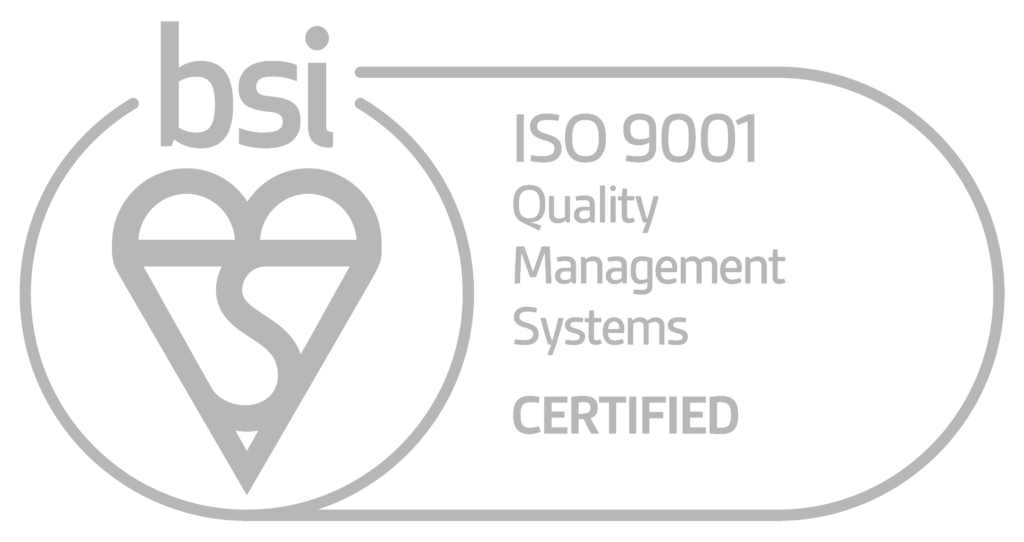This high-speed world we live in is changing and transforming daily; of course, the translation world takes its share of these changes. We are going through interesting times in the translation industry. In the past, knowing a foreign language was a sign of dignity, but now it is not so valued. More precisely, people think speaking a foreign language is obligatory nowadays. As the number of foreign language speakers increases, people’s perspectives on translation change.
Anyone not involved in the translation sector has an opinion about it, but do they have any facts to support their ideas? Let’s share some insights and then review them one by one to assess their accuracy:
- “Everyone knows a foreign language now; there’s no need for translators. Why are you choosing this field anyway? You won’t find a job.” Yes, the number of people who know foreign languages has increased significantly, that’s true, but knowing a language doesn’t grant someone the authority or ability to be a translator. If that were the case, all brands would have their foreign-language-speaking employees translate their advertising projects.
- “Machine translation tools have advanced significantly, the translation industry is dying.” Yes, these tools are improving every day, but the translation industry is not dying—it is evolving. As we mentioned earlier, being an expert in a specific field is crucial, and ordinary automatic translation tools lack such expertise. Most of the time, terms are not used correctly, and in some cases, significant meaning distortions occur. Translators also use these tools for support because
- “Why do you request such high prices? I can use Google Translate and save money.” We are going through a period of global economic crisis. The majority of companies are increasing employee wages and offering additional support. On the other hand, expensive management, memory, and term software are being used. Inflation also naturally affects translation costs, as a great deal of labor and professional work is involved. Of course, using Google Translate is an option rather than working with professionals. However, none of these tools can provide you with the assurance of a quality translation. Although advocates of this opinion may think of translation as just finding words in another language and writing them down, the reality is quite different. Translation encompasses an extensive process and has many hidden facades. For example, hours of research are done before starting the translation to master the subject. After translation, there is the process of editing and, finally, proofreading. Many additional procedures, such as page design, quality control, etc., are not even mentioned. As you can understand, translation is multi-layered.
The translation industry continues to improve and evolve. As the Mirora team, we work with translators with language competence, expertise, and experience in the field. We strive to improve ourselves daily to provide you with the best service. The address of quality translation services: Mirora!








Comments are closed